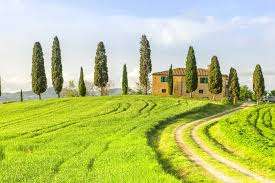
According to Barbieri and Mshenga (2008), agricultural tourism (agritourism/aka agrotourism) is any practice developed on a farm with the purpose of attracting visitors. A concept that merges elements from agriculture and travel/tourism), through entertainment and education, the farmer (or group of farmers with shared objectives) creates additional revenue streams through farm visits and expanded future markets.
Agriculture is the sector that has the greatest potential linkages with tourism and is a prominent source of livelihoods in many countries where a majority of inhabitants live in rural areas. Linking pro-poor tourism (PPT) initiatives with small-scale food producers can have a pivotal role in fostering local rural development, such as in Tanzania.

Educational Classes/Workshops
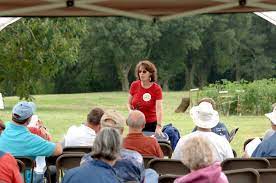
People regularly invest resources to learn new skills
Are an opportunity to connect urbanites to rural culture and lifestyles in farming. They are also a great way to get consumers for other farm products and services such as food subscription programs, gift shops, future events, and to make purchases at the farm store.
Farm Tours
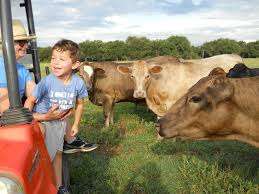
Are an opportunity to connect urbanites to rural culture and lifestyles in farming. They are also a great way to get consumers for other farm products and services such as food subscription programs, gift shops, future events, and to make purchases at the farm store.
Festivals and Special Events
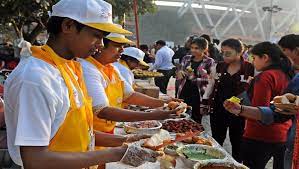
Festivals are a great way to introduce people to the products, services, and stories from your community. This may also include culinary festivals. Additionally, rural landscapes, when well maintained for safety and aesthetics, can host special events.
Farm to Plate

A blending of culinary and agritourism, farm to table meals offer unique experiences because of the seasonal and site-specific foods presented. Farm to Table can vary from open air farm sittings to a built-up restaurant sourcing the vast majority of its food from local farms. A key aspect is the transparency of where all the food is sourced. Just saying “local” is not sufficient.
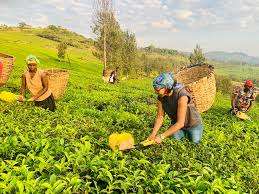
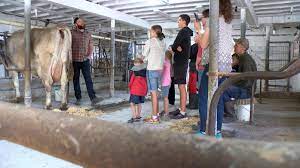
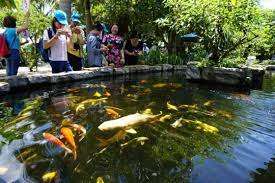
Engagement In Farming Activities
Visitors have an on-farm experience, and the farmer gets some free labour in all activities: planting and harvesting, milking of domestic animals and fishing/aquaculture.
Sampling of Local Wines
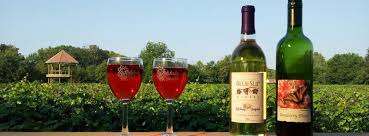
Agri-accommodation

A farmer may extend their offering to include overnight accommodation, similar to the Italian “Turismos” that, began to thrive in the 1970s as an countryside experience, an escape from the noisy cities. Overnight visitors add considerably more revenue to a community and can increase viability for amenities that locals will also benefit from such as bars/taverns, restaurants, farm stands, and other attractions, such as evening “sundowner” offerings, such as cultural dances, and local alcoholic drinks. Employment is also created for the supporting staff.
Petting Zoos
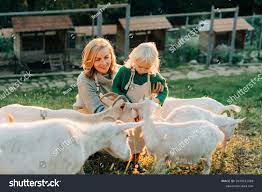
Where keeping of animals is not a primary engagement may be great as supplement for families with children. This, naturally, entails the observation of basic animal rights (such as clean facilities) to the satisfaction of visitors.
Farm Stands
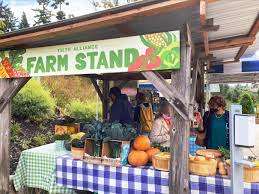
Without investing money in a retail location, a farm stand gives one an opportunity to sell produce goods directly to consumers. If the farm is not on a major highway or on the road to somewhere with adequate traffic, partner with other local farms that are. Farm stands work well when combined with other on-farm activities and attractions like tours or special events.
Agritourism requires participants passionate about their farming endeavours, and opening up their operations and related stories on their food production and value addition activities with visitors. It requires some investment for the tourism function, but the added revenues and satisfaction via visitors acknowledgements makes agritourism an attractive value adding venture for fishermen, farmers, ranchers and their communities.
Sam Kagiri (info@chaniahikes.com) -18th May 2023
www.chaniahikes.com Travel Agent


